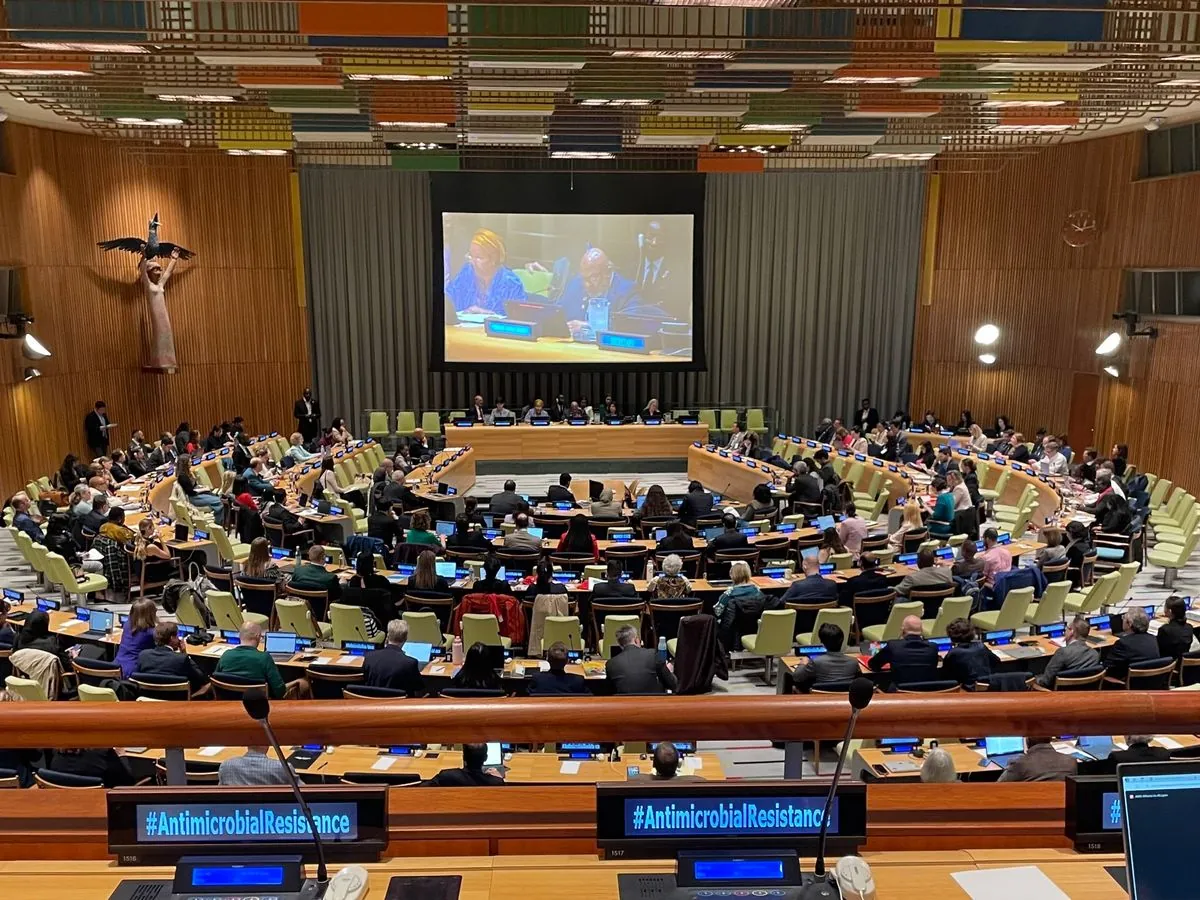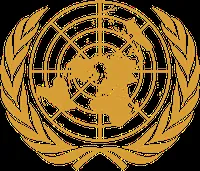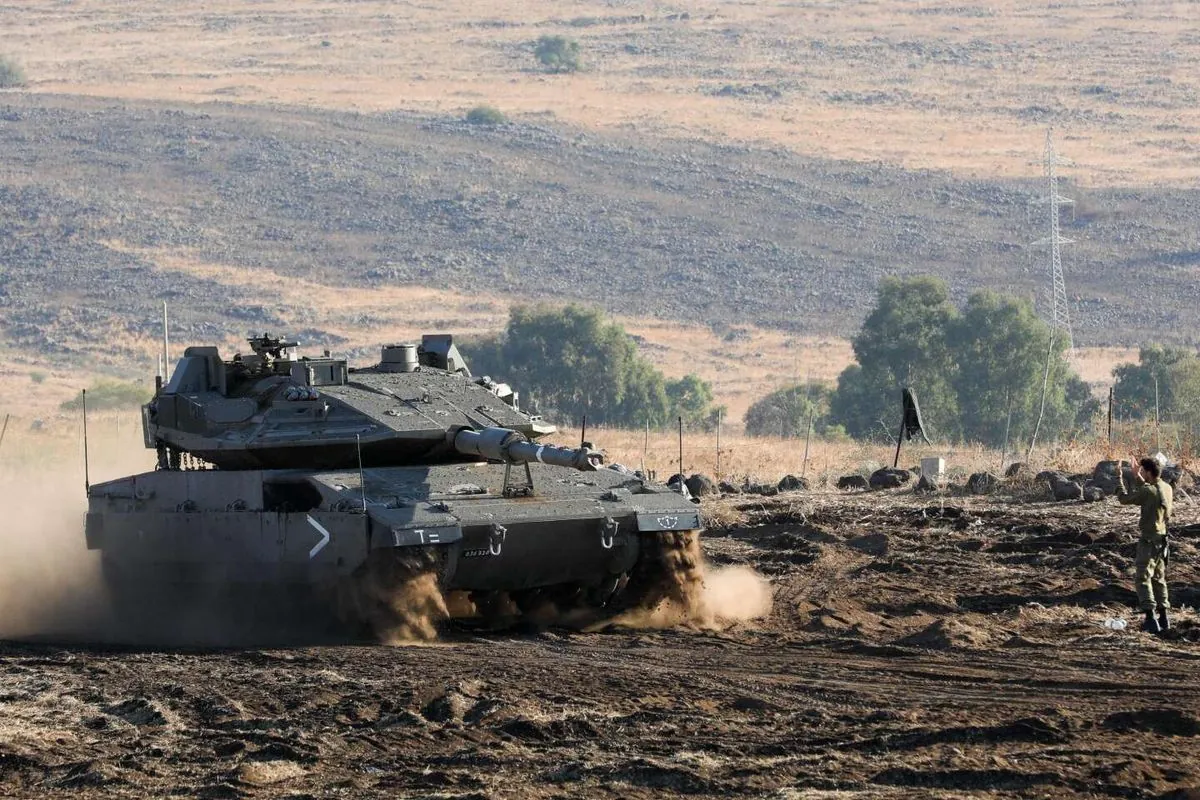UN Approves Declaration to Combat Antimicrobial Resistance Crisis
UN General Assembly endorses plan to fight antimicrobial resistance, a growing threat to global health. The declaration aims to reduce AMR-related deaths and promote safer antibiotic use by 2030.

The United Nations General Assembly in New York has unanimously approved a significant political declaration aimed at intensifying efforts to combat antimicrobial resistance (AMR), a critical threat to modern medicine. This decision marks a crucial step in addressing a global health crisis that could potentially reverse a century of medical advancements.
AMR occurs when microorganisms evolve to resist antimicrobial treatments, a process exacerbated by the improper use of medications such as antibiotics. This phenomenon threatens to render currently treatable infections more challenging and potentially fatal in the future. The discovery of penicillin in 1928 marked the beginning of the antibiotic era, but the misuse of these drugs has led to the current crisis.
The World Health Organization (WHO) has declared AMR as one of the top 10 global public health threats. Antibiotic-resistant infections can result in extended hospital stays and increased medical expenses, placing a significant burden on healthcare systems worldwide.
Low and middle-income countries (LMICs) face disproportionate challenges in combating AMR. Limited access to clean water, overburdened health systems, and inadequate diagnostic capabilities contribute to the problem. In these regions, approximately 11% of surgical patients acquire infections during procedures, highlighting the urgent need for improved infection control measures.

The impact of AMR extends beyond routine medical care, complicating treatment in conflict zones. For instance, Gaza experienced a 300% increase in resistance to specific antibiotics among injured patients following the 2018-19 demonstrations. The spread of drug-resistant infections from conflict areas poses a global threat as people migrate and seek medical care in various locations.
The newly approved declaration includes commitments across human health, animal health, agriculture, and environmental sectors. Key targets include reducing AMR-associated deaths by 10% by 2030 and ensuring that at least 70% of antibiotics used in human health globally belong to the WHO Access group, which has the lowest potential to cause AMR.
Investing in AMR prevention is highly cost-effective. Studies show that implementing critical AMR interventions could yield a return of 7 to 13 USD for every 1 USD invested. This "best buy" approach is crucial, considering the potential economic impact of AMR, which could lead to additional healthcare expenditures of up to 412 billion USD annually in the next decade.
The livestock industry's significant contribution to AMR due to antibiotic use in animal feed underscores the need for a "One Health" approach, recognizing the interconnection between human, animal, and environmental health in addressing this crisis.
"I had to rely on an experimental treatment to get better after no viable antibiotic options were left after I contracted the most severe drug-resistant infection I'd ever had."
Personal stories from AMR survivors like Ella and John highlight the human impact of this crisis. Their experiences underscore the urgent need for political commitment, sustainable financing, and accountability in measuring progress against AMR.
As the global community unites to combat this threat, it is crucial to remember that proper hand hygiene, antibiotic stewardship programs, and the development of new antimicrobial strategies, such as phage therapy and CRISPR gene-editing technology, all play vital roles in our collective defense against the "antibiotic apocalypse."


































